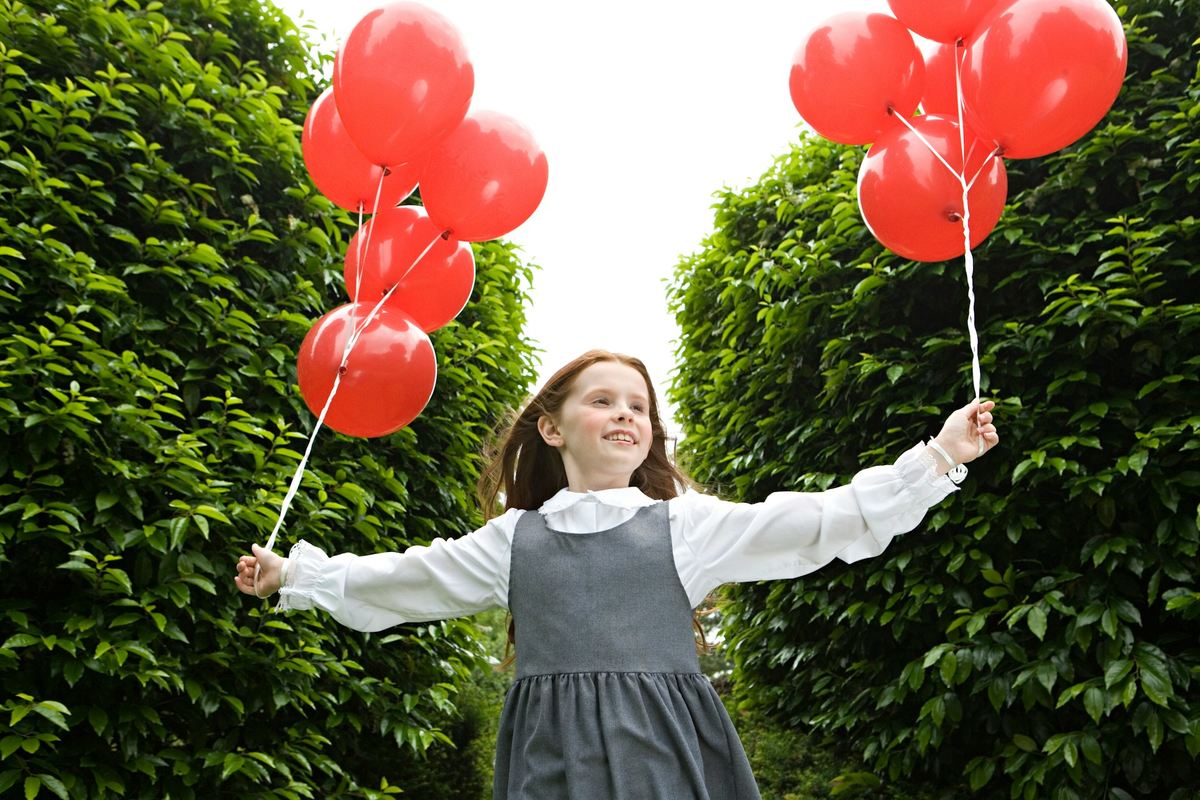Young children have no problem letting things go. It's a flaw built up over time, and it takes us years to unlearn it as adults.
To correct a behavior, parents intuitively reprimand them when something wrong happens. We correct in the now what was done in the past.
It creates a strong bond between how we feel now and what happened then—a strong connection between the outcome, our feelings about the outcome, and the past performance.
While this is not entirely avoidable (we, after all, need to teach kids that actions bring about consequences), outcomes are rarely the product of our performance. And even more rarely, it is the product of our sole intentions.
Furthermore, we have zero control over things in the past anyway. Yet, we are quick to blame ourselves and wish we had done things differently. When the only thing we can do, really, is to try and make things right.
My daughter dropped her toothbrush on the bathroom floor yesterday. She was playing with it, holding it with her teeth, but it was ultimately unintentional. And I could immediately see how upset she was about it.
I had an epiphany. The kind we get when we live with kids—these flashes when we see our own margin of improvement while looking at them.
Because it was happening to her, it was easy to see how useless it was to be upset about the fallen toothbrush. I looked at her and said, "It's no big deal."
I helped her loosen the grip.
Late philosopher Dallas Willard was once asked how he could feel so light and free of care just after giving a talk. He replied that he thought of it as a helium balloon. "I hold it, look at it, and then let it go."
A secret of the good life is to learn to loosen our grip. Let go of what has already happened. A good lesson for our kids, but also for us.

×
